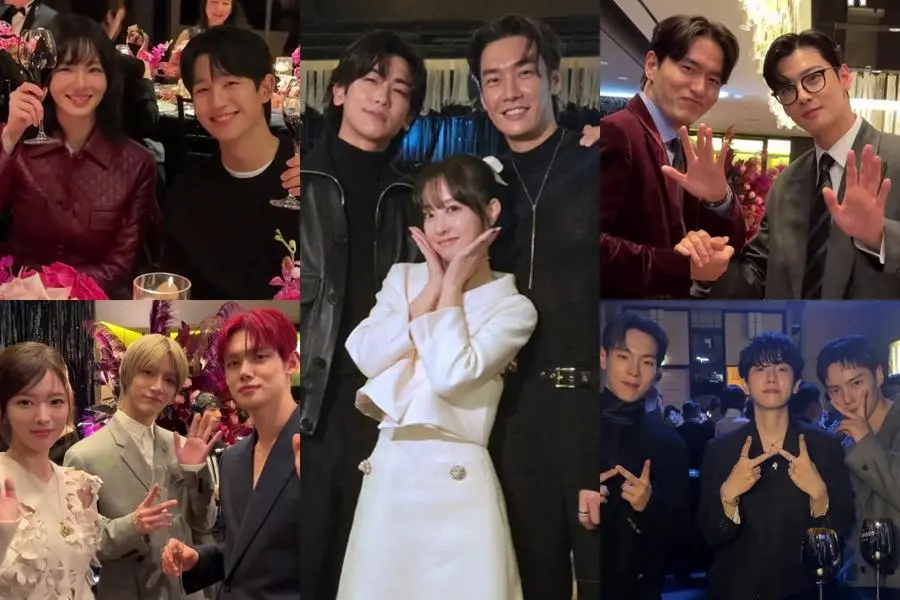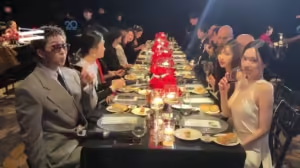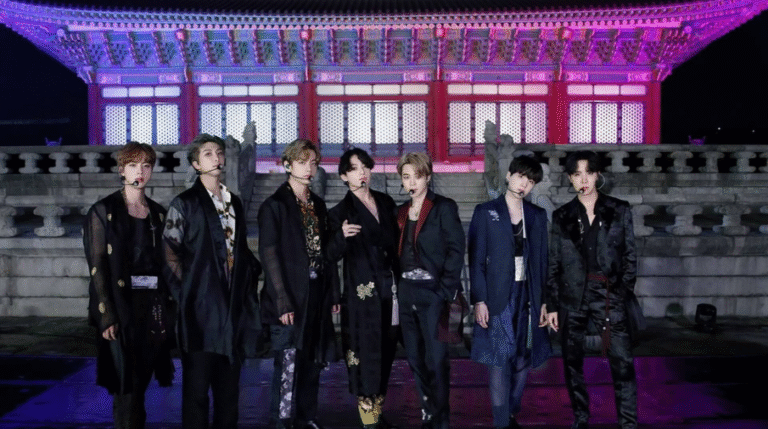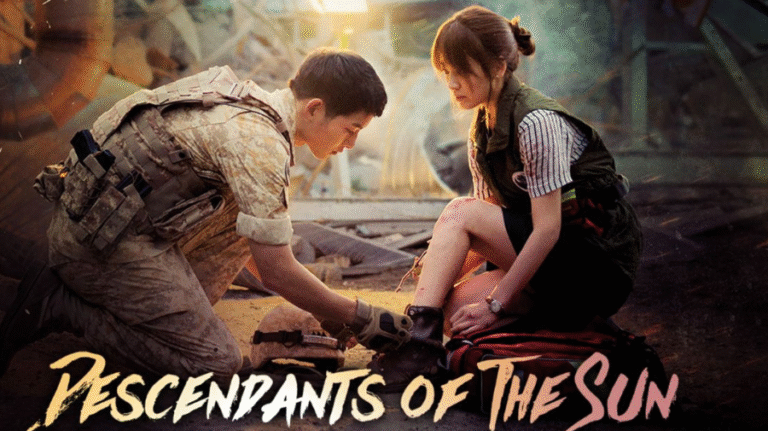
The Korean Entertainment Industry is known for its energetic performances, dazzling visuals, and massive fan influence. When this world intersects with social causes like breast cancer awareness, it can make a real impact. But the 2025 “Love Your W” campaign by W Korea, an annual breast cancer awareness event, has sparked controversy. Many critics felt the gala leaned more toward celebrity glamour than meaningful health advocacy.
W Korea Campaign: Star Power Meets Advocacy

For nearly twenty years, W Korea’s “Love Your W” campaign has aimed to raise awareness and funds for breast cancer prevention. The event has traditionally brought together top K-pop idols and celebrities, with proceeds supporting research and medical outreach.
This year, artists such as BTS’s RM and J-Hope, ASTRO’s Cha Eun-woo, and GOT7’s Jinyoung participated by wearing campaign shirts and posting messages of support. ILLIT’s Wonhee used her stage time to remind fans to pay attention to their health, saying, “Don’t miss even the smallest signs, everyone. Get tested.”
Public Reaction: Demanding Authenticity
The 2025 event faced immediate criticism.
Reports suggested that the gala emphasized luxury, celebrity appearances, alcohol, and fashion more than education or awareness. The controversy intensified when Jay Park performed his 2015 song “MOMMAE,” which contains sexually suggestive lyrics. Many considered this choice inappropriate for an event promoting breast cancer awareness. Jay Park later apologized, acknowledging his performance was insensitive and promising to be more mindful in the future.
Critics also noted that basic elements like pink ribbons or educational displays were largely absent. Even after twenty years, the campaign had raised roughly ₩1.1 billion (about USD 775,000), a modest sum given the scale and sponsorships involved. Many questioned whether the focus on celebrity appearances had overshadowed the campaign’s original purpose.
Fans, survivors, and advocacy groups reacted strongly on social media. Many expressed disappointment that idols attended without actively promoting the cause. Online forums hosted heated discussions about how celebrity-driven charity events can sometimes prioritize publicity over real impact. Audiences want more than appearances; they want sincerity and tangible results.
W Korea issued a public apology, admitting that it had not fully considered the perspective of breast cancer patients and their families. The organization pledged to restructure future events to focus on education and patient-centered messaging. The apology highlighted the need for campaigns to balance visibility with meaningful engagement, even as people welcomed it.
Lessons for Awareness Campaigns
The controversy offers important lessons for social campaigns. Celebrities have tremendous influence, especially among younger audiences, and they can help normalize discussions about health issues. However, simply showing up is not enough. Awareness requires empathy, clear information, and meaningful action. Future campaigns could include screening drives, survivor stories, fan-driven donation initiatives, and partnerships with medical organizations to ensure that awareness translates into real-world impact.
The “Love Your W” controversy reminds us that advocacy should not be reduced to spectacle. Celebrities and media brands must prioritize sincerity, education, and measurable outcomes over glamour. When done thoughtfully, their platform can be used to transform social campaigns from symbolic gestures into movements that educate, support, and even save lives.
Stay updated for more news with The World Times



